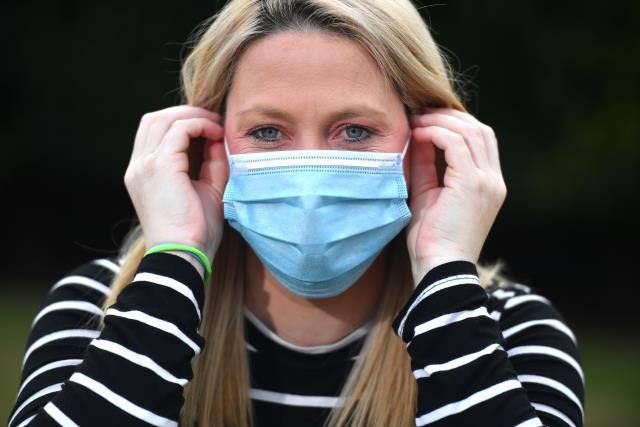The increased use of face masks during the Covid-19 pandemic has had an enormous impact on the environment.
Disposable face masks take 450 years to break down because they are a composite of different plastics meaning that they may break into microplastics and nanoplastics, damaging the ecosystem.
Clean Up Australia chair Pip Kiernan said that many people are mistakenly recycling the masks, polluting recyclable materials.
“A lot of them have ended up in the wrong bin. People are ‘wishcycling’ – putting things in the recycling bin when it can’t go there,” Ms Kiernan said
“The sheer volume has had an impact as well.”
A total of 129 billion face masks are used globally every month according to a 2021 Danish study.
Speaking to the ABC last year, Ms Kiernan encouraged people to cut the straps of their masks before discarding them.
“We encourage people to snip the straps before they do that, because if [the masks] do end up in the environment, [the straps] can entangle wildlife and cause problems,” Ms Kiernan told ABC.
Ms Kiernan said that Clean Up Australia Day on Sunday 6 March was an opportunity for people to partake in a cleanup event and understand the magnitude of rubbish in the environment.
Once you’ve done a clean up event you’re very conscious of those habits and what ends up in the environment and you see rubbish in a different way.
You can register at cleanup.org.au
Clean Up Australia is also running a Business Clean Up Day on Tuesday 1 March and a Schools Clean Up Day on Friday 4 March.







